Romain Bardet: The best is yet to come
Frenchman considering riding both the Giro and Tour in 2019
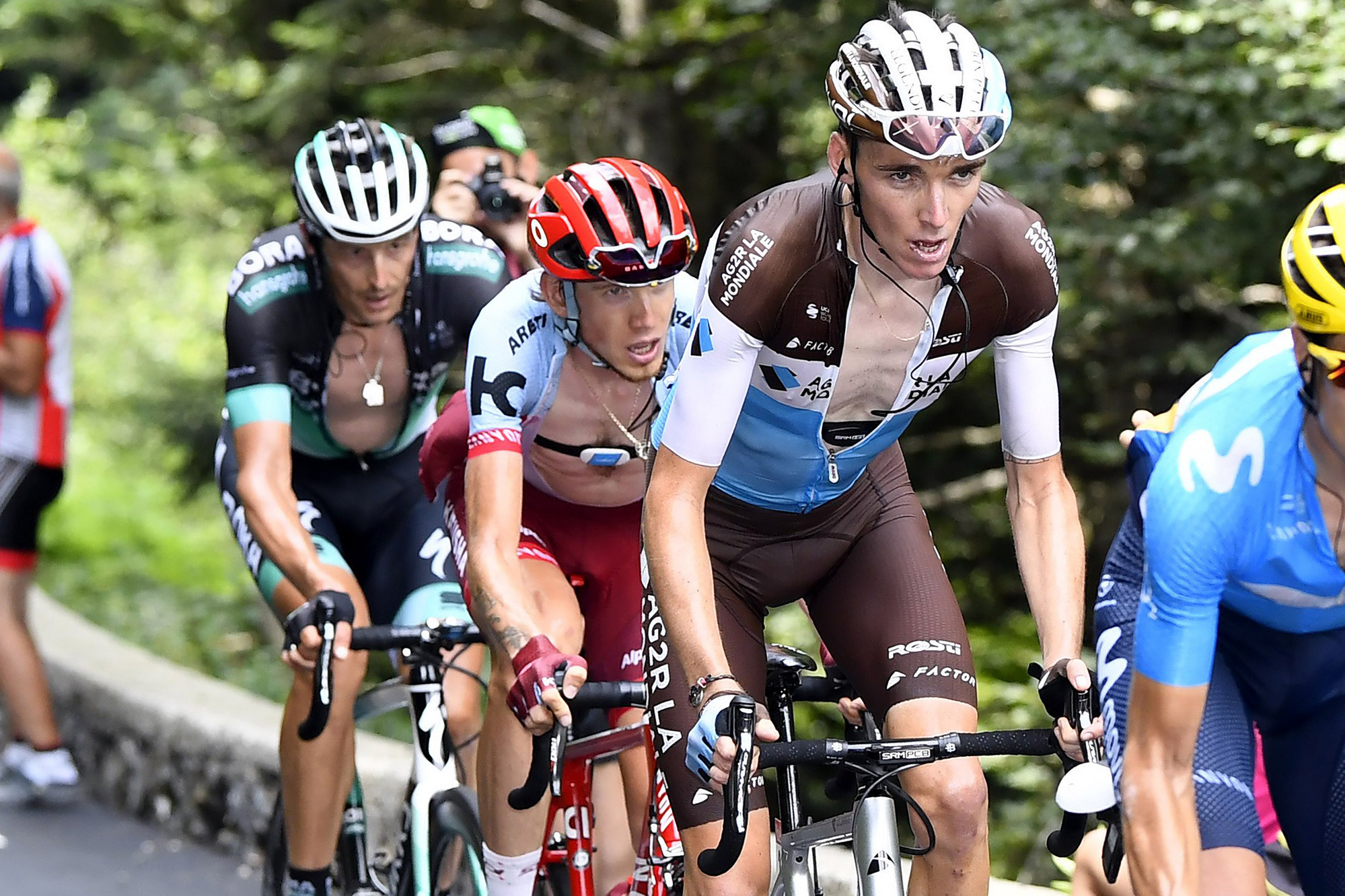
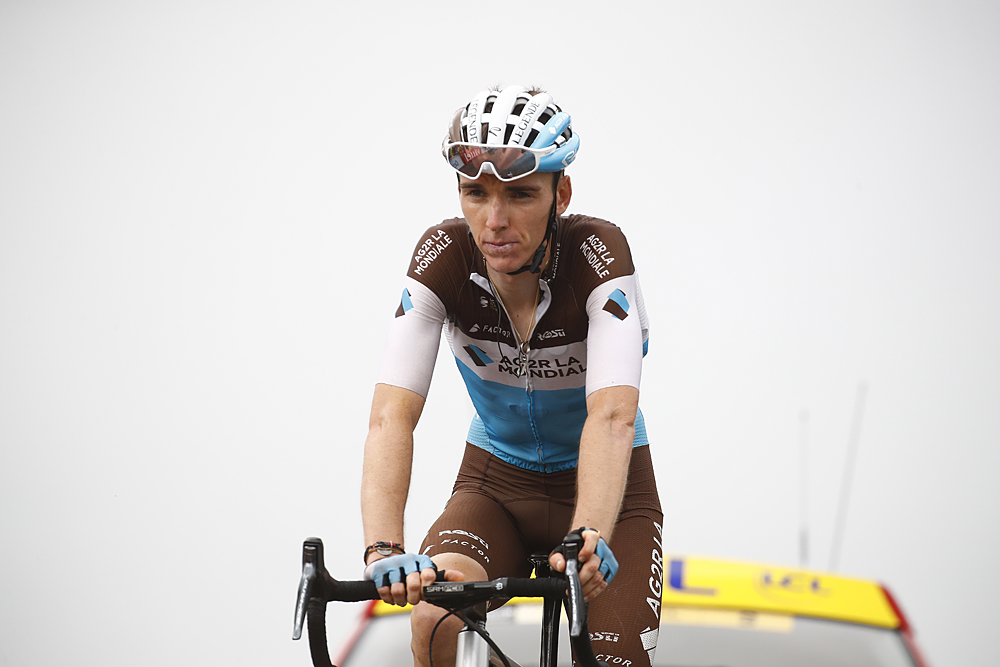
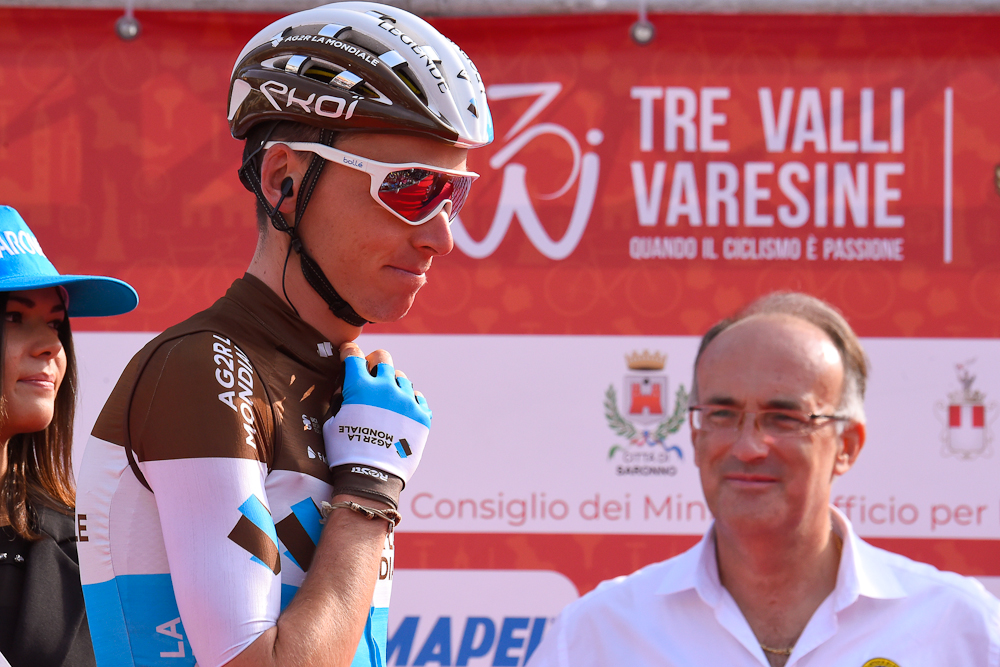
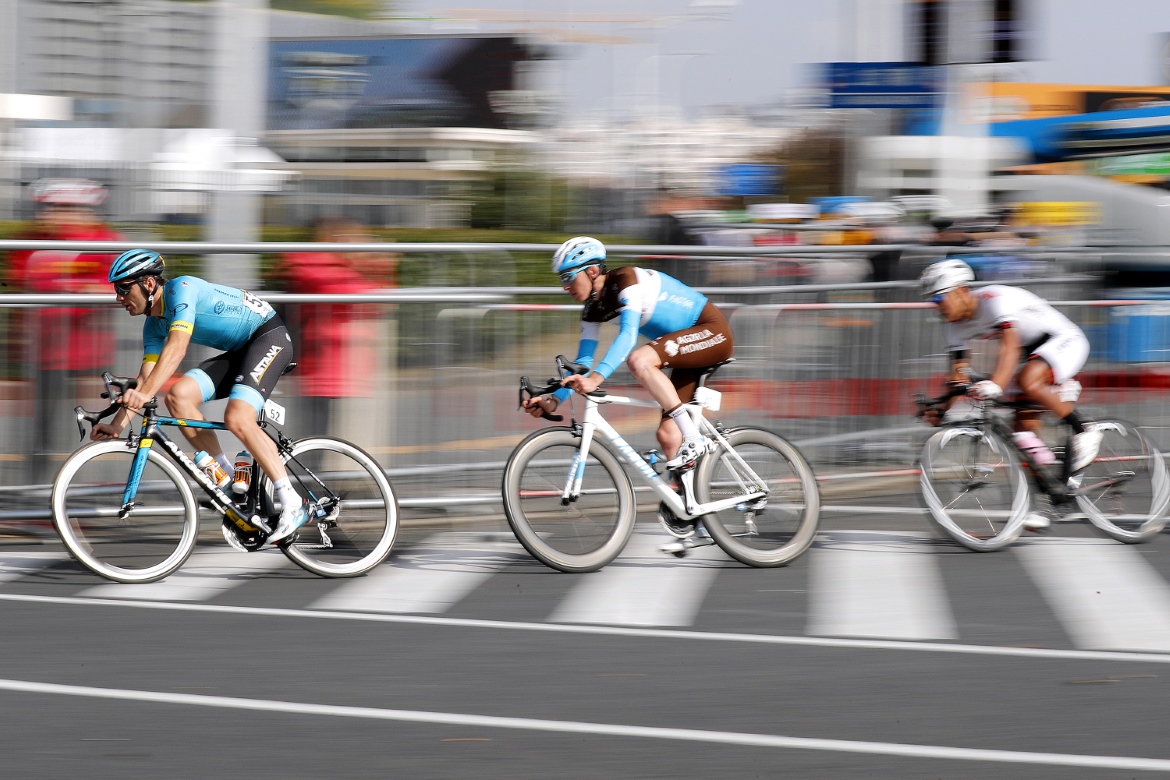
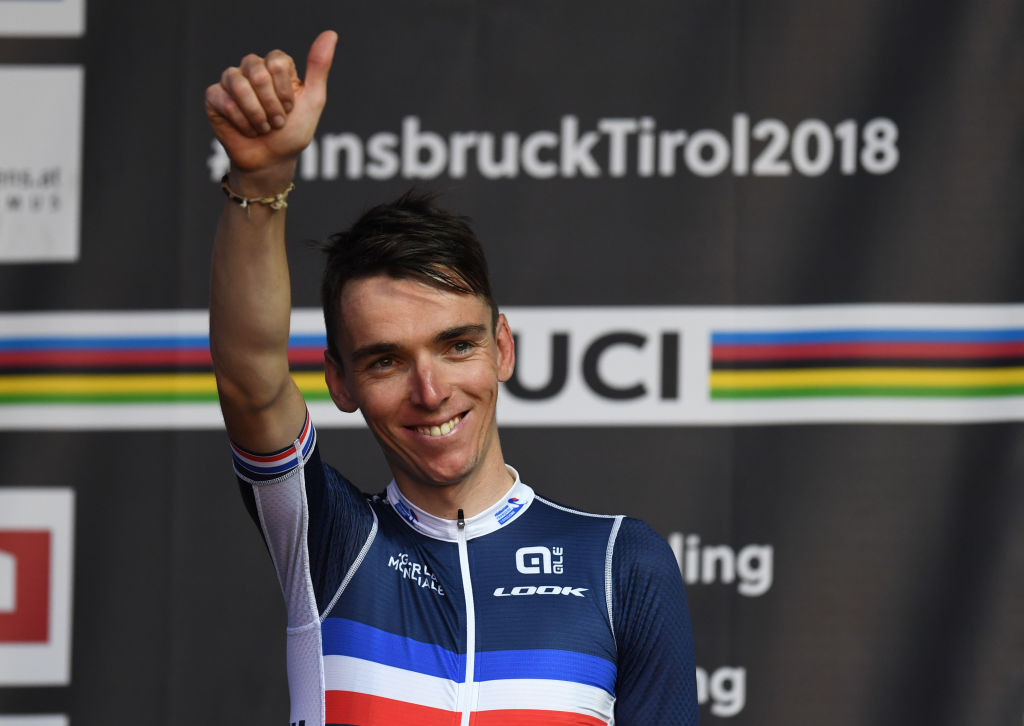
AG2R La Mondiale leader Romain Bardet insists that the best is yet to come from him, despite having been unable to improve on his 2016 and 2017 Tour de France podium positions at this year's race.
Tour de France: Fatigue catches up with Bardet in Mende
Bardet: I don't want to go home and have regrets for a year
Bardet's Tour de France podium challenge ends on the Col du Portet
Tour de France: Defiance but no reward for Bardet on final day in Pyrenees
Bardet: I'm in favour of everything that shakes up the Tour de France
In a Q&A interview with L'Equipe on Tuesday, Bardet also said that he'd like to ride the Giro d'Italia for the first time in his career next season, but that he and the team would discuss the feasibility of doing the Giro-Tour double in 2019 at AG2R's training camp in Vaujany, near to Alpe d'Huez, at the end of this month.
"I'm expecting to reach my peak between the ages of 28 and 32," Bardet – now 28 – told L'Equipe. "I'm adamant that the best is yet to come."
Asked if he was experiencing any kind of 'burnout' after an intense five or so seasons as one of France's best hopes for Tour victory, Bardet said that it was exactly the opposite.
"Not at all. I've not really won enough to feel any kind of requirement for a break. I'm still very hungry to win," said Bardet.
Sixth place overall in France this year represents a downward trend on top of his second place in 2016 and third place in 2017. The Tour, though, said Bardet, remains his raison d'être.
"I don't see this year's Tour as a failure," he said. "I'm aware that my results can't just be linear. But trying to win in Paris is what's guiding my career. And I'm looking beyond that, too, because the Tour will continue to guide me after I've stopped riding: I always learn a lot about myself during the difficult moments during the Tour.
Get The Leadout Newsletter
The latest race content, interviews, features, reviews and expert buying guides, direct to your inbox!
"I can't do anything about it," he continued with regards to the pressure put on him by the French public. "That's up to them. But I'm always ready for the ups and then downs, and the stress that comes with it. There are always going to be more downs than ups.
"At the end of the last Tour, I was empty. Completely dead. Two days after the finish in Paris, I thought I'd better go out on my bike, as I didn't think stopping so suddenly was very good for me. But after about 15 minutes, I turned around and went home. I didn't know what I was riding for. I came out of the Tour completely destroyed, both physically and mentally."
The fatigue and pressure that would come with attempting to ride – let alone race for the GC – both the Giro and the Tour next season would therefore surely be too great.
Bardet insists, however, that doing the Giro has always been part of his masterplan as he matured and got stronger.
"We'll weigh up the pros and cons [of doing both races]," Bardet said. "It's important that everyone on the team gives their point of view on it, and then we'll decide at the training camp at the end of November, or soon afterwards, as my training in December will have to be adjusted accordingly."
Importantly, when it comes to making the decision, Bardet insisted that he could never go to the Tour just to make up the numbers.
"I'd need to be going there as a contender, 100 per cent. Otherwise, I'd rather stay at home," he said. "Because of how much I love the Tour, and because of the expectation on my shoulders, I'd have to be going there with the intention of doing at least as well as I did in 2016 and 2017.
"I know that 'doing the double' is difficult, but really, if you were ever going to do it, this year [2018] would have really been the time to do it, as there was an extra week to recover between the Giro and the Tour," Bardet said, referring to the five weeks, instead of the normal four, which separated the races because of the Tour's later start due to the football World Cup.
Bardet told L'Equipe that he'd studied the route maps of both races for next year: "The Tour route looks very tempting, but the Giro is part of my career plan, so we'll look at all the possibilities."
With the 2019 Giro boasting 58.5 kilometres of individual time trialling versus just 27 kilometres at next year's Tour (plus another 27km stage as a team time trial), Bardet is only too aware that he really needs to continue to try to improve against the clock, which is arguably the Frenchman's biggest weakness – although not if it's to the detriment of his climbing.
But the fact that the first four places at this year's Tour were filled by rouleurs, as L'Equipe pointed out, means that Bardet – a more traditional, pure climber – is up against it.
"That's been an important change in cycling," he agreed, referring to the top four in July of Geraint Thomas (Sky), Tom Dumoulin (Sunweb), Chris Froome (Sky) and Primoz Roglic (LottoNL-Jumbo).
"You could call it more of a trend: riders can become climbers by losing weight, while the opposite isn't true. There's also the phenomenon of 'trains' in the mountains," he said, referring to whole teams riding tempo at the front on climbs before dropping away to eventually leave the team leader to try to attack, in the way Team Sky have ridden for Froome in recent years, and for Thomas in 2018.
"There's just less room to manoeuvre for pure climbers versus this elevated level of ability among the leaders' teammates. Those riders just keep the tempo so high.
"How long they can keep it up for, though, depends on the race route," Bardet continued. "It depends on whether there are two or three high-mountain stages in a row. With only two, it's almost impossible for the climbers to get away, even if it's across 4,000 metres of climbing. You need three days in a row to have any hope of creating some gaps."
With a racing weight for the Tour of just 63.5kg, Bardet said that he isn't about to try to put on weight to become more of a rouleur and better against the clock.
"I've recorded some of my highest power outputs at my racing weight," he said. "When you're talking about your weight for the Tour, it's something that you get down to only once during the season, as it requires a lot of effort. Of course, to be stronger on the flat or more explosive on shorter hills, you need to be more muscular.
"But my goal remains to be as good as I can be in the high mountains, where I can make the biggest difference."
Cyclingnews is the world's leader in English-language coverage of professional cycling. Started in 1995 by University of Newcastle professor Bill Mitchell, the site was one of the first to provide breaking news and results over the internet in English. The site was purchased by Knapp Communications in 1999, and owner Gerard Knapp built it into the definitive voice of pro cycling. Since then, major publishing house Future PLC has owned the site and expanded it to include top features, news, results, photos and tech reporting. The site continues to be the most comprehensive and authoritative English voice in professional cycling.